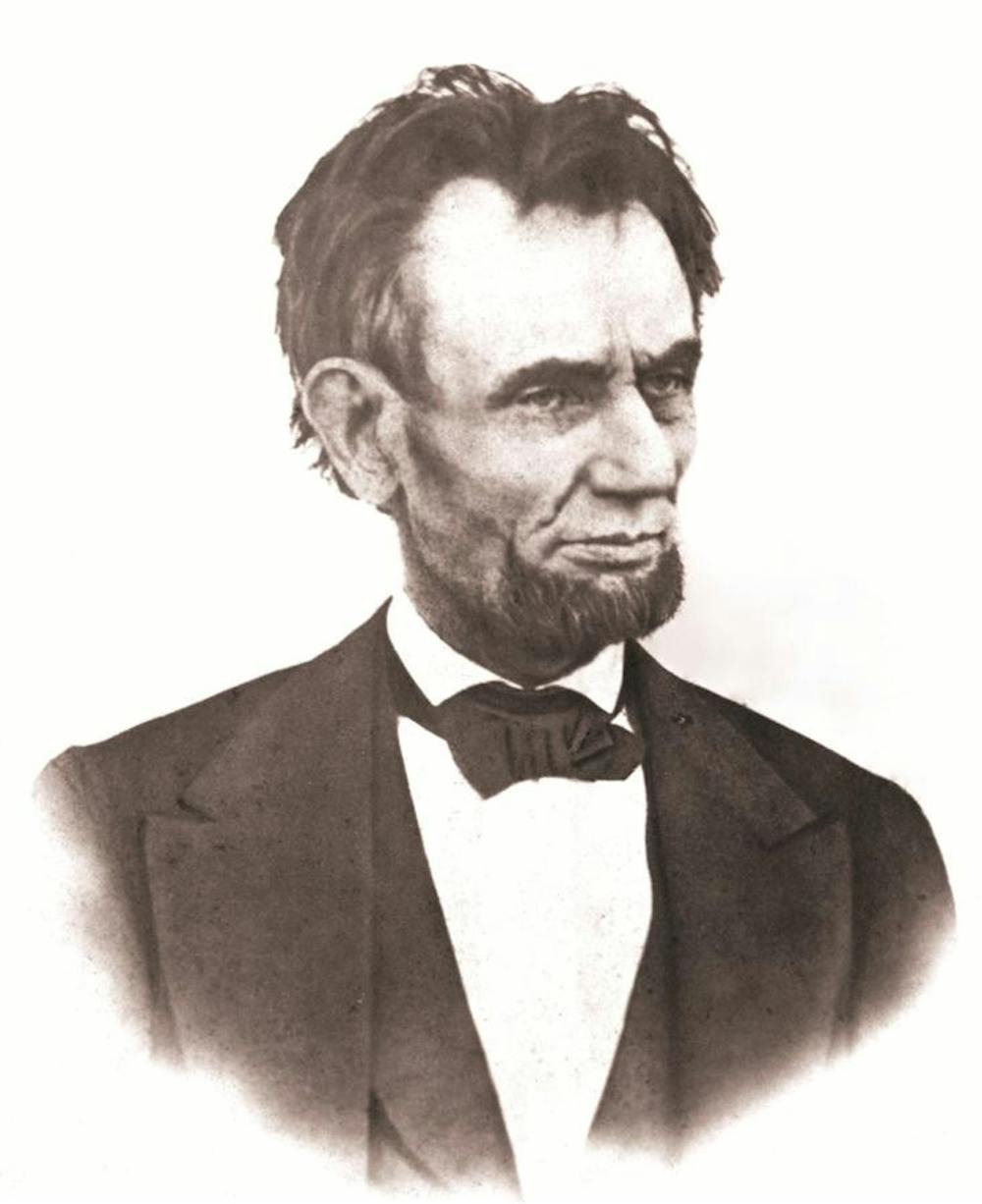Our 16th president’s name has become a household term, an everyday profile made eternal in copper, a persona of equality. But who really was this enigmatic public figure we refer to as Abraham Lincoln?
For us Hoosiers, Lincoln’s youth hit a bit closer to home because he spent the majority of his childhood and adolescence in southern Indiana.
“The influence of Indiana in his life was huge,” recent IU history Ph.D. candidate Keith Erekson says. “One of the false stereotypes of Indiana at the time was that it was a tiny stagnant place, when in fact the opposite was true.”
Lincoln ran a ferry back and forth across the Ohio River during his teenage years.
“Back then the Ohio was the interstate,” Erekson says. “The Midwest was a dynamic place, which explains his life, because he was a part of this big network.”
And while the logs were laid, so to speak, for Lincoln’s career as a successful politician, it turns out that not all of the logs link up perfectly with our idealistic image of Lincoln today.
“It’s really easy to look back at major historical figures and feel that if those people weren’t around, such and such wouldn’t have happened,” IU history professor Amrita Myers says. “It’s dangerous because the sorts of things we’re talking about, the Civil War, the Emancipation Proclamation, are much, much bigger than one person.”
Although Lincoln is commonly remembered as “The Great Emancipator,” Myers says using this term is somewhat misguided.
“He’s a much more complicated person than we make him out to be,” Myers says. “We make him into a movement messiah, and we start to think that if he hadn’t been around, the abolition wouldn’t have happened. But the movement had been around for decades.”
Because Lincoln was primarily concerned with the North and keeping the nation intact, he made strategic decisions regarding abolition in terms of what might salvage the country as opposed to his own opinions on slavery, she says.
“He was antislavery, but that didn’t mean that he was in favor of racial equality,” Myers says. “He was very practical. He wanted to save the union.”
But Lincoln struggled with more than the country’s political turmoil.
“He was always a gloomy person,” Erekson says. “The word they used back then was ‘melancholy.’ He was often thinking that he was going to die. He was superstitious, but not doing Ouija boards or something. It probably came from being a politician.”
A messiah or military strategist, either way, Lincoln has been immortalized in our American culture. As Erekson puts it, “He’s the kind of person who never really goes away.”
From president to pop star
Lincoln’s presence is kept alive today through films and books in pop culture, most recently with the 2013 Academy Award Best Picture nominee, “Lincoln.”
Myers says the influx in all things Lincoln might be a result of the celebration of his birth’s bicentennial in 2009 and the recent 150-year anniversary of the Civil War.
But it’s the less traditional renditions of Lincoln, like his character in 2012’s “Abraham Lincoln: Vampire Hunter,” that seem to shed light on his recent transformation from revered 16th president, to an icon.
“If you’re going to put vampires anywhere, why not with Lincoln?” Erekson says. “It’s the leadership, and I think sometimes the common man part of him. He’s proven to be a useful mirror for people.”
2012 alumnus Stephen Hammoor directed a local production of “Abraham Lincoln’s Big Gay Dance Party” in 2011, which explored the “subtle references,” as Hammoor puts it, throughout Lincoln’s life to his possible homosexuality.
“It really speaks to how complex Lincoln was,” he says.
The Beard That Pioneererd
How this Indiana-raised president jumped out of the history books and into pop culture from vampire hunter to a ‘Big Gay Dance Party’

Get stories like this in your inbox
Subscribe





